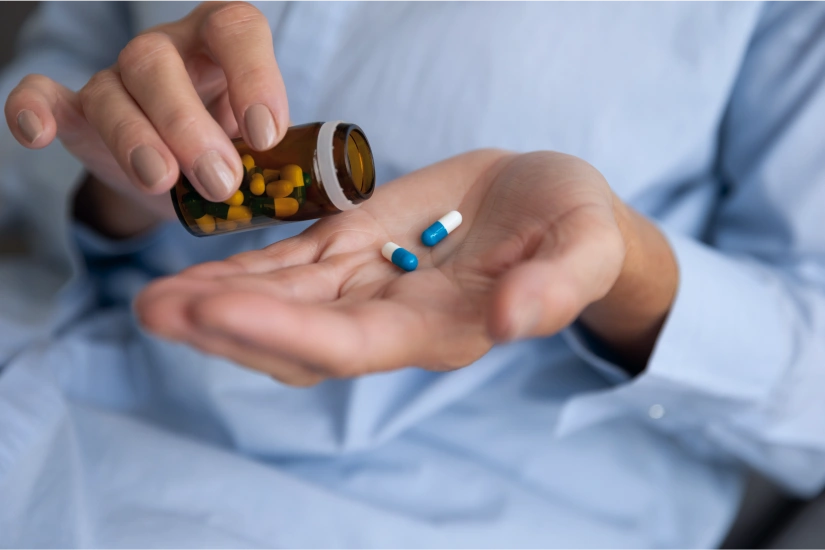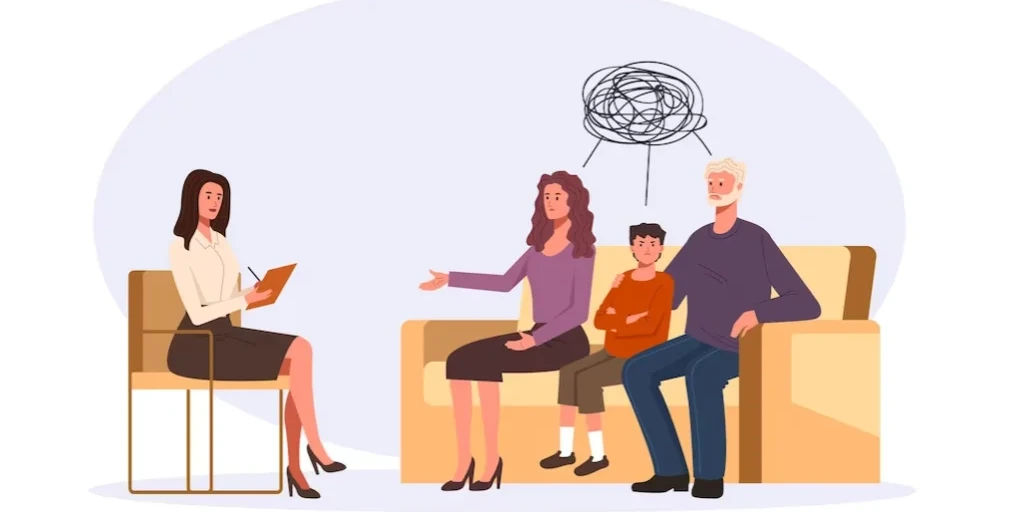24/7 Helpline:
(866) 899-111424/7 Helpline:
(866) 899-1114
Learn more about PTSD Treatment centers in Evinston
PTSD Treatment in Other Cities

Other Insurance Options

Sliding scale payment assistance

Group Health Incorporated

PHCS Network

Optum

Absolute Total Care

State Farm

EmblemHealth

Evernorth

Horizon Healthcare Service

UMR

Carleon

Providence

AllWell

WellPoint

CareSource

Oxford

Health Net

Highmark

Ceridian

GEHA















